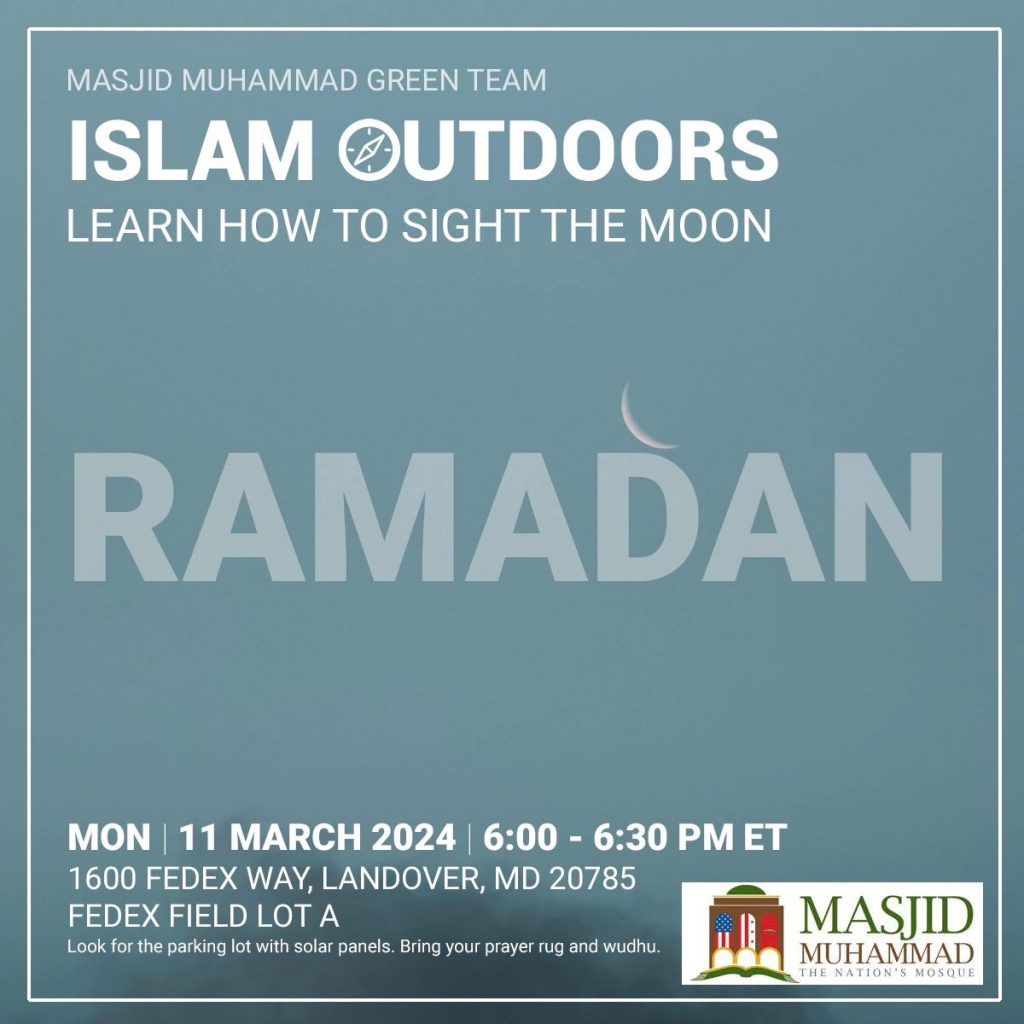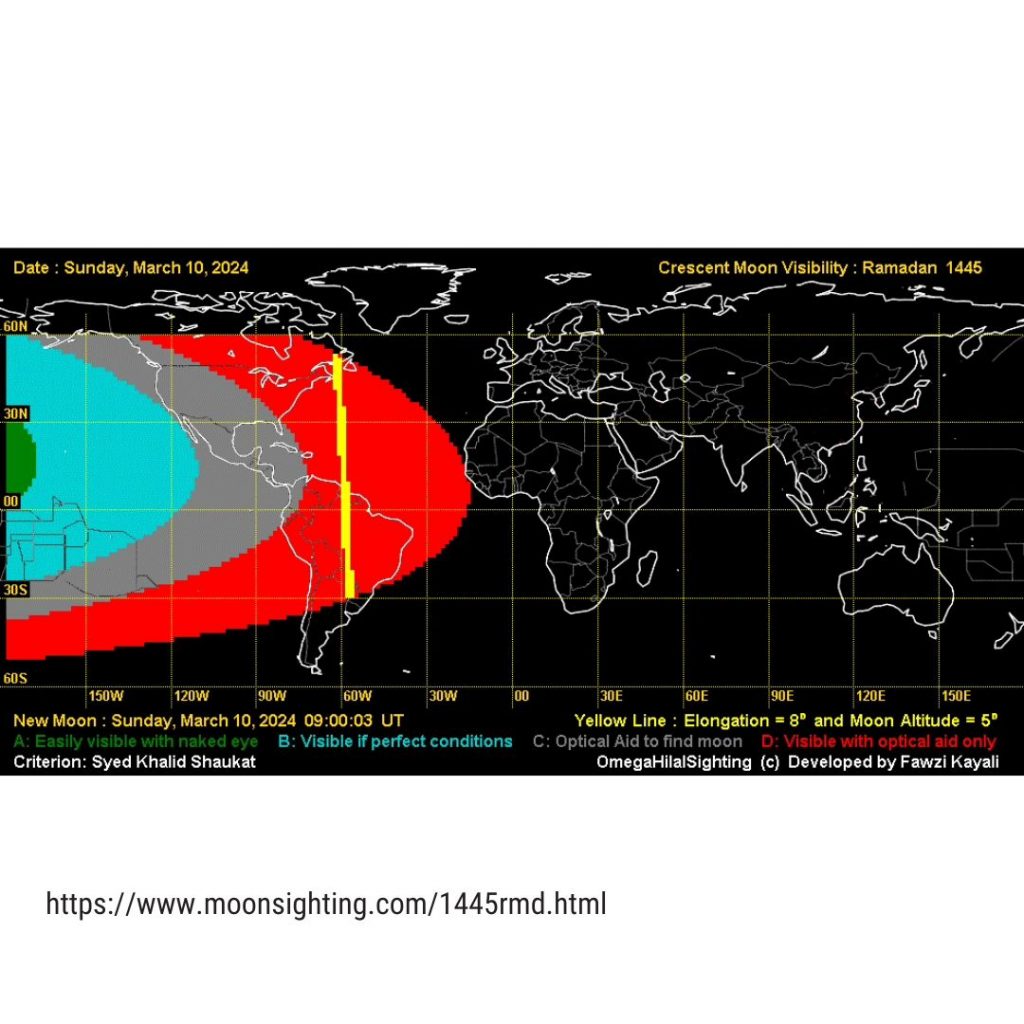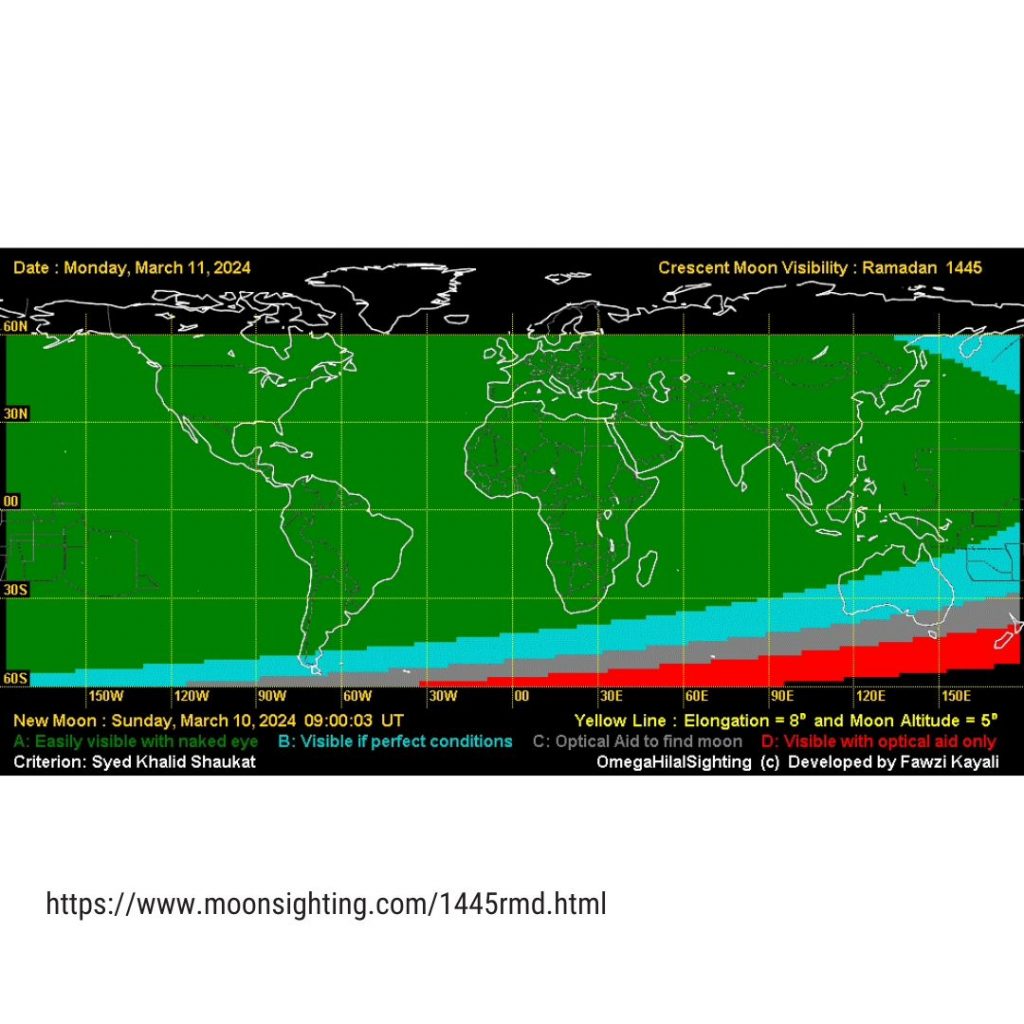
Jaabir ibn Abdullah ﵁ told us of a time when Umar ibn al-Khattab ﵁ saw him with meat hanging from his hand.
Umar said, “What’s this, Jaabir?”
Jaabir said, “I desired meat, so I bought it.”
Umar said, “Or do you buy everything you desire, Jaabir? Do you not fear the verse:
أَذْهَبْتُمْ طَيِّبَـٰتِكُمْ فِى حَيَاتِكُمُ ٱلدُّنْيَا
Umar was talking about this ayah from Surah al-Ahqaf:
And the Day those who disbelieved are exposed to the Fire [it will be said], “You exhausted your pleasures during your worldly life and enjoyed them, so this Day you will be awarded the punishment of [extreme] humiliation because you were arrogant upon the earth without right and because you were defiantly disobedient.” (46:20)
Umar’s question to Jaabir allows us to question ourselves:
Are we trying to have all our desires fulfilled in this world?
Clap back at overconsumption with a more balanced approach: pray for “the good of this world and the good of the Hereafter” (2:201) with the understanding that this world is “no more than play and amusement” (29:64) and the next is “far better and more lasting. (87:17)”
What is the connection between arrogance and overconsumption? The arrogant consume excessively, ignoring the principles of justice, moderation, contentment, humility and gratitude that are central to Islam. The roots of overconsumption and arrogance come from forgetting our role as khalifa. We are servants of Allah ﷿ and stewards of our shared planet. We are charged with honoring the rights of all creation.
Allah made us khalifa, not consumers.
During Black Friday and other times we are coaxed to “buy, buy, buy,” imagine Umar standing right next to us, asking:
Or do you buy everything you desire?




